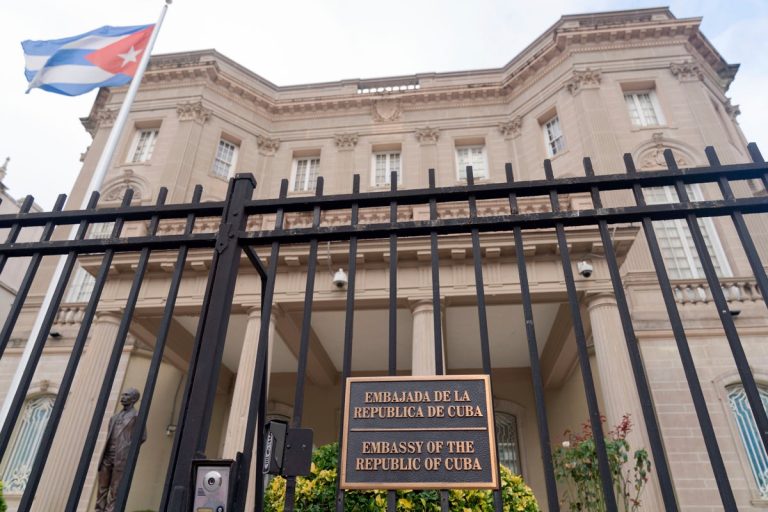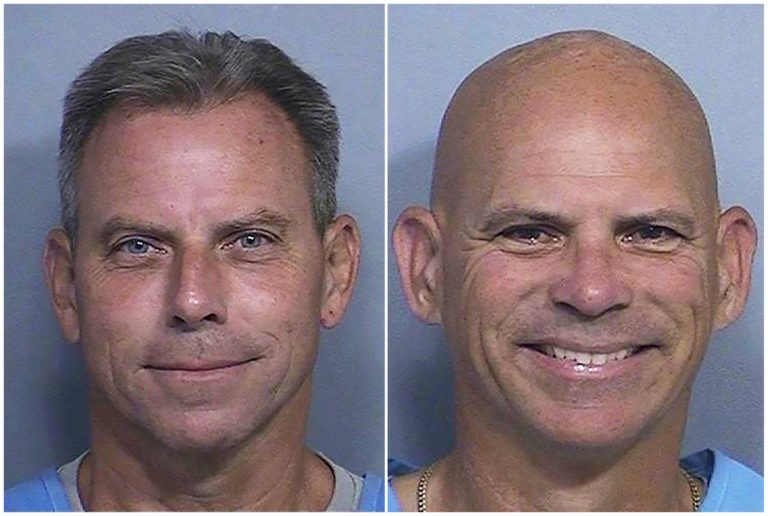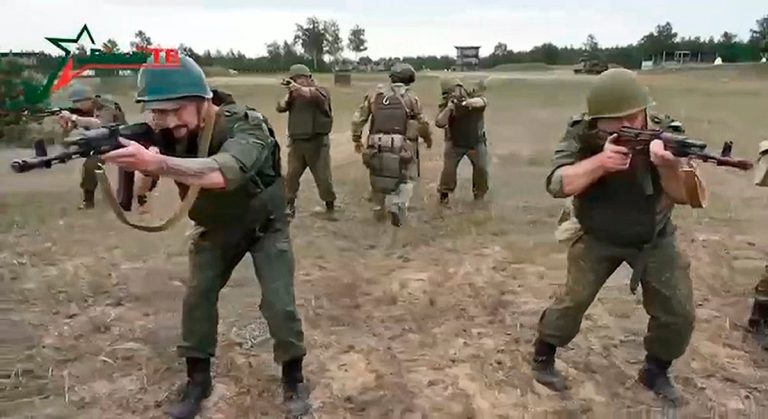Ukraine pushes to get military-age men to come home. Some neighboring countries say they will help

For free real time breaking news alerts sent straight to your inbox sign up to our breaking news emails
Sign up to our free breaking news emails
Ukraine’s foreign minister doubled down Friday on the government’s move to bolster the pool of fighting forces by cutting off consular services to conscription-age men outside the country, saying it was a question of „justice.”
Foreign Minister Dmytro Kuleba said the policy would ensure men in Ukraine and those who have left were both treated fairly.
“It’s about justice — justice in the relationship between Ukrainian men abroad and Ukrainian men inside of Ukraine,” he said.
Ukraine secured a much-needed package of military aid from the U.S. this week after months of wrangling in Congress. But as well as weapons, Ukraine needs troops. Tens of thousands of Ukrainian soldiers have been killed or wounded in more than two years of fighting. Russia has also suffered heavy losses, but has vastly more conscripts to throw into the fight.
Earlier this month, Ukraine lowered the conscription age from 27 to 25 in an effort to bolster the size of its military.
The latest government decision means men aged 18-60 can’t renew their passports unless they return to Ukraine. Some opposition politicians and human rights activists have criticized the move, saying it could deprive Ukrainians of access to services and benefits in other countries, and might backfire by prompting men to seek refugee status elsewhere.
Kuleba gave that argument short shrift, noting that Ukrainians fleeing the war were treated better in their host countries than refugees from many other parts of the world.
“They owe everything they have now in these countries to this fact, their Ukrainian citizenship,” Kuleba said at a news conference alongside his Latvian counterpart, Baiba Braže. ”And these men should not forget about this when they argue that the state of Ukraine owes them something. They should not forget that they owe much more to the state of Ukraine.”
The announcement on passports has been welcomed by many people in Ukraine who agree with Kuleba’s argument about fairness.
“Why should some have to fight while others evade and hide abroad?” said bank worker Yuliia Lystopad in Kyiv.
Though Ukraine repulsed an all-out Russian invasion in the weeks after President Vladimir Putin sent troops in in February 2022, Moscow’s forces occupy about a fifth of Ukraine’s territory and strike all over the country with drones, bombs and missiles.
On the frontline in eastern and southern Ukraine, Russia is slowly taking ground from outnumbered and outgunned troops.
A soldier who only gave his first name, Oleh, for security reasons, said getting more troops into the field was essential.
“Someone has to fight,” he said. “The front line is getting closer, and there are fewer guys on the front.
“But for now, we stand and fight,” he added. “All the guys understand that if they (Russians) go further, it will just be tough for everyone here.”
Kuleba said he hoped countries that are home to displaced Ukrainians would share the Ukrainian government’s logic and approach.
Poland, home to hundreds of thousands of displaced Ukrainians, has indicated it’s willing to help ensure military-age men go home. The defense ministry said in a statement that “Poland is ready to assist Ukraine due to the needs of the Ukrainian army,” and that bilateral talks would be needed to agree on the arrangements.
Braže said Latvia supported the Ukrainian government’s aims of ensuring it has the people it needs, but did not commit to specific action. She said Latvian authorities would “be in dialogue with our Ukrainian counterparts to ensure that everything will be done that is necessary.”
“Ukraine is fighting for all of us,” she said. “It’s our security too.”
___
Associated Press writers Anton Shtuka in Kyiv and and Monika Scislowska in Warsaw contributed to this story.





